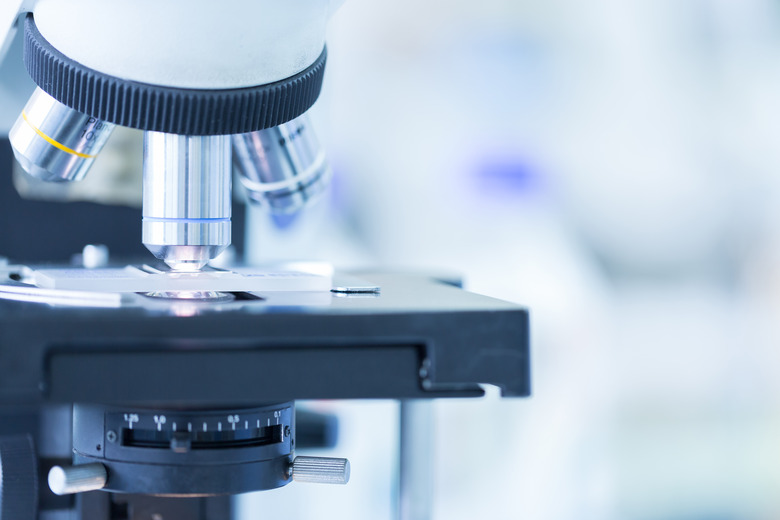Impacts Of The Microscope On Science
The microscope is a device that magnifies objects or organisms that are too small to see with the naked eye. A milestone in the science world, the microscope has had enormous influence on the development of modern medical, forensics and environmental science. The invention of the microscope has revolutionized the science industry while developing other fields.
Medical Science
Medical Science
The microscope has had a major impact in the medical field. Doctors use microscopes to spot abnormal cells and to identify the different types of cells. This helps in identifying and treating diseases such as sickle cell caused by abnormal cells that have a sickle like shape.
Study of the Ecosystem
Study of the Ecosystem
The microscope is used to study the health of an ecosystem. Field biologists use the microscope to observe a specific environment, such as marine, by identifying the types and number of organism sustained in samples from the ecosystem. This helps scientists in defining the ecosystem, detecting threats to an ecosystem and determining the relationship of the organisms with their environments.
Forensic Science
Forensic Science
The microscope has greatly affected the field of forensic science. Forensics is a field of science used to gather and analyze evidence to establish facts that are used in a legal scenario. The microscope is used to examine evidence collected in a crime scene that may have information not visible to the human eye.
Tissue Analysis
Tissue Analysis
Histologists use the microscope to analyze tissues and cells. The microscope with other tools is used to detect abnormal tissues in the body. The study has helped in identifying cancerous tissues in a patient.
Atomic Study
Atomic Study
The invention of the powerful atomic force microscope has enabled scientists to study cells at an atomic level. This enables scientists to scrutinize viruses at their atomic level and influence them for delivery of innovative treatments. The atomic force microscope also enables scientists to study and understand the types of viruses and understand how they infect the body. Through this microscope, scientists examine the process by which non-envelope viruses use protein to fuse with the host cells.
Genetics Study
Genetics Study
The microscope has greatly impacted the study of genetics. Scientist uses the microscope to observe specific genetic compositions. This also allows scientists to determine genetic abnormality, regeneration and tissue death. The study of genetics is utilized to observe infected tissue. Through this study, histologists are able to conduct research on future cures and preventive medicines.
References
Cite This Article
MLA
S, JOHN. "Impacts Of The Microscope On Science" sciencing.com, https://www.sciencing.com/impacts-microscope-science-7813495/. 9 March 2018.
APA
S, JOHN. (2018, March 9). Impacts Of The Microscope On Science. sciencing.com. Retrieved from https://www.sciencing.com/impacts-microscope-science-7813495/
Chicago
S, JOHN. Impacts Of The Microscope On Science last modified August 30, 2022. https://www.sciencing.com/impacts-microscope-science-7813495/
